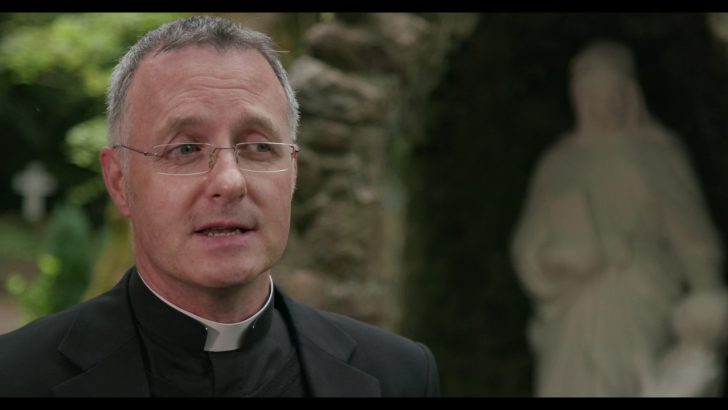The Vatican’s reform of structures in the Church in Ireland took another step forward today (Friday) with news that Bishop of Clonfert Michael Duignan is to take over the running of the neighbouring Diocese of Galway.
It is the first move in reforms that are expected to see a dramatic reduction in the number of bishops in Ireland.
The Vatican made the announcement this morning. However, this has been widely expected since November when the Pope’s representative in Ireland Archbishop Jude Thaddeus Okolo announced that when Bishop Brendan Kelly of Galway, Kilmacduagh and Kilfenora retired the two dioceses would be united under one bishop.
Officials are at pains to point out that it is not an amalgamation and that both dioceses will retain their individual structures.
This paper reported in November that there was huge resistance to formal amalgamation from Irish bishops, so the decision was made to unite the two dioceses instead while both retain their individual identity and separate structures.
The move by Pope Francis to put two dioceses in the west under the leadership of a single bishop is just the first phase of structural rationalisation in the Church in Ireland, The Irish Catholic understands.
It is believed further consolidation will follow. A source close to the talks indicated to this newspaper that the Vatican was not keen to impose solutions but instead wanted local dioceses to come up with proposals. However, the source also said that Rome’s patience would “not be eternal in the absence of local solutions”.
The source added that amalgamation and the subsequent unifying of structures and resources “was not the top priority”. However, they said that it was likely the most inevitable end in most cases.
“The Holy See wants to be flexible, the Irish bishops know what is best for Ireland but we need fewer dioceses,” the source said.
This morning Pope Francis accepted Bishop Kelly’s retirement which was submitted last May. Fifty-one-year-old Bishop Duignan has led Clonfert, one of the country’s smallest dioceses with just 24 parishes and fewer than 40,000 Catholics, since 2019.
Speaking in Galway this morning Bishop Duignan paid tribute to Bishop Kelly and said: “There is no doubt that today is a historic day for the Diocese of Galway, Kilmacduagh and Kilfenora. It is also a historic day for the Diocese of Clonfert and indeed for the Catholic Church in Ireland.
“Under the guidance of St Peter himself in the person of Pope Francis – we have been nudged together to do something genuinely new,” he said.
He said that “we begin a new stage in our journey. A stage that I hope will be in the best sense of the term deeply ‘synodal’.
“Over the next months and years, there is much to be worked out and work it out we will together. It will require patience and generosity from all of us, from our parish communities and our dioceses. It will mean both listening to each other and listening to the voice of the Holy Spirit.
“In the process, we are called to prayerfully discern how we, as a people of faith, are to walk together into the future. A future that will require all of us – bishop, priests, religious and laity to work shoulder to shoulder, to renew in our own hearts a lively sense that life is better not worse when lived with Christ.
“With our hearts renewed, perhaps our greatest challenge will be to respectfully show forth in deed and word the value of knowing Christ. To unlock the life-changing potential of the Gospel, especially for those who lie hurt and broken, feeling rejected, on the edges of our church and our society,” he said.
A native of Athlone, Co Roscommon, Bishop Duignan is the eldest of six children. He was ordained to the Priesthood for the Diocese of Elphin on 17 July 1994.
The Diocese of Galway, Kilmacduagh and Kilfenora includes portions of counties Galway, Mayo and Clare. The Diocese of Clonfert includes portions of counties Galway, Offaly and Roscommon.
A note from the Catholic Communication Office insisted that
“the only change is that, instead of each diocese having its own respective bishop, one sole bishop exercises the pastoral governance of both dioceses equally, according to the spiritual and pastoral needs of the one and the other.
“Each diocese maintains its identity and handles its own cultural heritage as it deems fit. Each keeps its own personnel or can share with other dioceses; priests will not normally be asked to minister beyond their own diocese unless by a special request or mandate,” it said.


 Michael Kelly
Michael Kelly Bishop Michael Duignan.
Bishop Michael Duignan. 